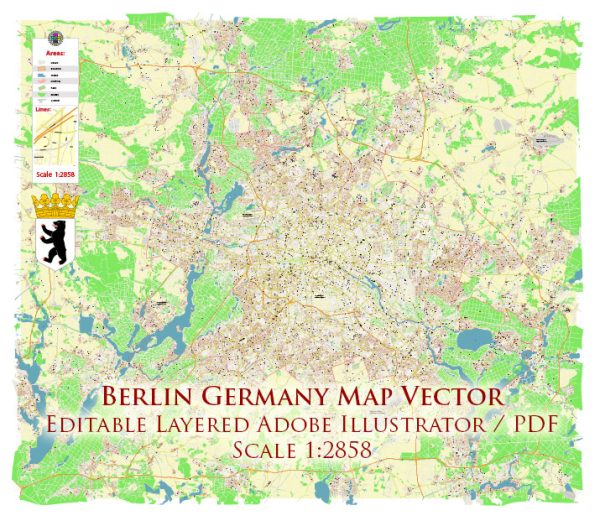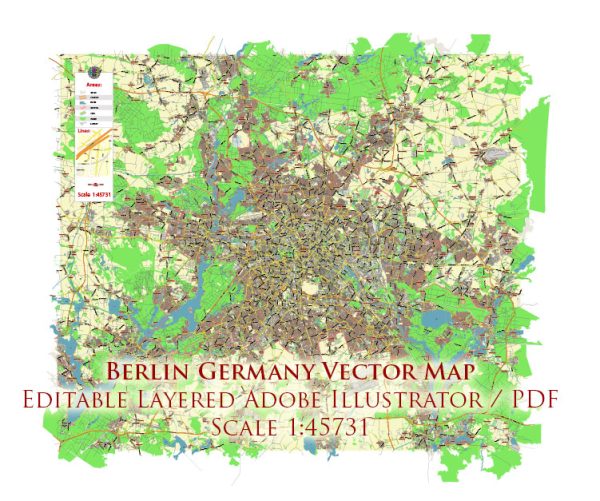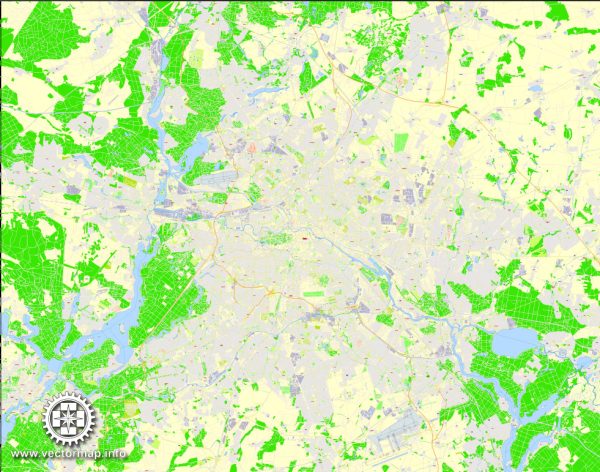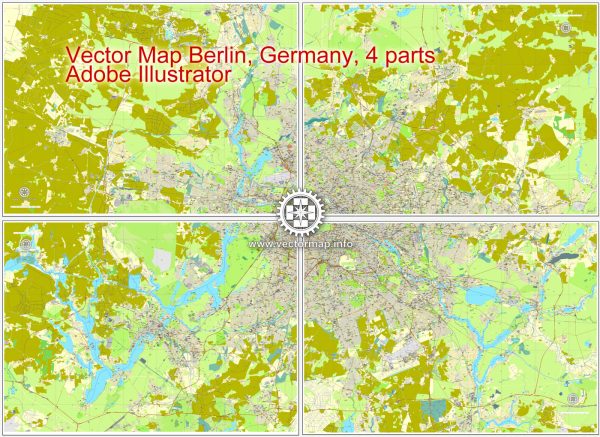Berlin, the capital of Germany, has a rich and complex history that has played a pivotal role in shaping the nation and the broader European context. Here is a brief overview of Berlin’s history:
Medieval Period: Berlin’s history can be traced back to the 13th century when it was founded as a small town in the Margraviate of Brandenburg. It grew slowly, becoming a center for trade and commerce.
Prussian Era: Berlin’s significance increased significantly when it became the capital of the Kingdom of Prussia in 1701. Under the rule of Frederick the Great, Prussia emerged as a major European power. The city expanded, and notable landmarks, such as the Brandenburg Gate and Charlottenburg Palace, were constructed during this time.
19th Century: Berlin continued to flourish and expand throughout the 19th century. It played a crucial role in the unification of Germany in 1871, becoming the capital of the newly formed German Empire.
World War I: The city experienced the turmoil of World War I, the abdication of the German Emperor, and the establishment of the Weimar Republic in the aftermath of the war.
Nazi Era: The 1930s brought the rise of the Nazi regime, and Berlin became the capital of Nazi Germany. This period is marked by significant atrocities, including the Holocaust and World War II.
World War II: Berlin was heavily bombed during World War II, and the Battle of Berlin in 1945 led to the city’s capture by the Soviet Union, marking the end of the war in Europe.
Cold War: After the war, Berlin was divided into East and West Berlin, with the Berlin Wall serving as the physical and ideological barrier between East and West during the Cold War. This division persisted until the wall fell in 1989, leading to German reunification in 1990.
Modern Berlin: Since reunification, Berlin has reemerged as the capital of a unified Germany and a symbol of the country’s progress. The city has experienced rapid economic growth and is known for its vibrant arts and culture scene, diverse population, and historic landmarks.
Berlin is a city that bears the marks of its tumultuous history, evident in its architecture, memorials, and museums. Key historical sites in Berlin include the Brandenburg Gate, the Berlin Wall Memorial, the Reichstag building, and the Holocaust Memorial, among others.
Berlin’s history is a reflection of Germany’s broader historical narrative, and it continues to play a pivotal role in the country’s political, economic, and cultural life. The city’s dynamic character is a testament to its enduring resilience and its status as a symbol of unity and change in Germany and Europe.







 Author: Kirill Shrayber, Ph.D. FRGS
Author: Kirill Shrayber, Ph.D. FRGS